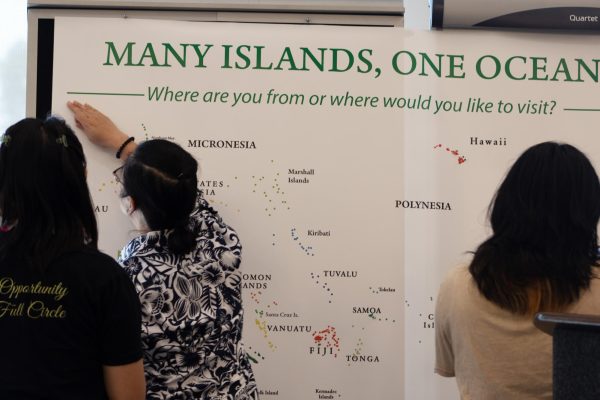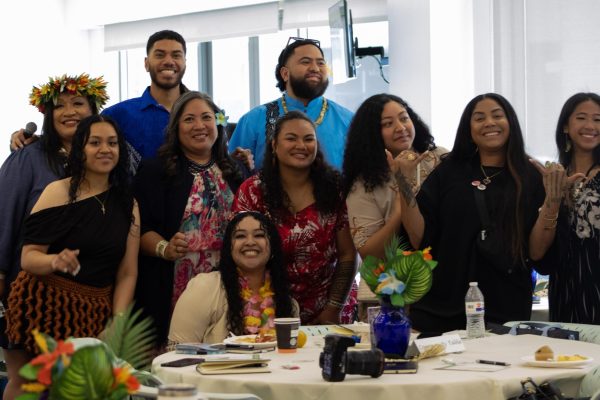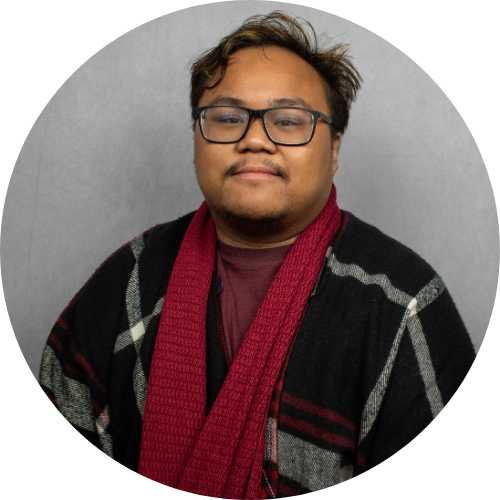Sacramento State held its first Native Hawaiian and Pacific Islander Student Academic Success Summit from 9:00 a.m. to 1:30 p.m. Wednesday in the WELL’s Terrane Ballroom.
The summit focused on uniting the campus’ NHPI community and ensuring that those students feel seen on campus.
Many speakers from various groups discussed NHPI community outreach, addressing topics that aligned with the summit’s theme of community and a call for more NHPI representation in education and social spheres.
Pacific Islander Community Partnership Executive Director Manufou Liaiga-Anoa’i expanded on the importance of community and the significant role it plays in the lives of people within the NHPI community. She said individuals in the community can often be overlooked in terms of education.
“People do not understand our background, do not understand our culture and do not understand how life and the basic needs that are not always in place impact their performance here and outside the classroom,” Liaiga-Anoa’i said.
Liaiga-Anoa’i said she served as the Commissioner of the Status of Women in San Mateo County for ten years, during which she learned the importance of representing her culture in spaces where members of the NHPI community were heavily underrepresented.

Liaiga-Anoa’i said that the community can be overlooked due to the lack of NHPI members in local spaces. Stressing the importance of making spaces for NHPI people to make their presence in the world better known and to show others in the community that there is a place for them.
RELATED: OPINION: Sac State must act boldly and transparently to support DEI
“My hope is that when you find yourselves in times of challenges and adversity, you will remember that you must not just be tolerated; that you need to require that people pay attention to you,” Anoa’i said.
Epic Bloom Executive Director Grace Fa’avesi held a more personal circle talk, teaching the power of uplifting people in the community. When explaining her activity, she said that to build a sense of self-confidence, one must still hear forms of affirmation from the people around them.
“It’s hard to dig deep if we never see it in ourselves, because they don’t hear it,” Fa’avesi said.

The Asian Pacific American Public Affairs Association’s National Program Director, Isa Whalen, highlighted the importance of acknowledging and hearing NHPI stories to ensure that the history of the community is accurate and appropriately taught.
“The term AAPI is broad,” Whalen said. “It is a big umbrella of othering, and it fails to encompass all of the countries of Micronesia, Melanesia, Australia and Polynesia.”
Whalen said that while she attended the University of Washington, she was disappointed by the lack of actual Pacific Islander content in the classes that were intended to teach it.
“I wanted to learn about our people. What does it mean to be a Pacific Islander not in the islands?” Whalen said. “We’re more than just documents. We’re more than just treaties. We want to make sure the stories that are being told out there and in academia are the ones that are for, from and by the people.”
The summit’s focus was on how finding, building and uplifting the people within the community is crucial for the future of NHPI students. Guest speakers stressed that it was essential to ensure that the voices of the community remain in places where they are rarely heard.
“When we leave, we take our families with us,” Liaiga-Anoa’i said. “We should not be defined by the smallest of our islands but by the greatness of our oceans.”
































































































































